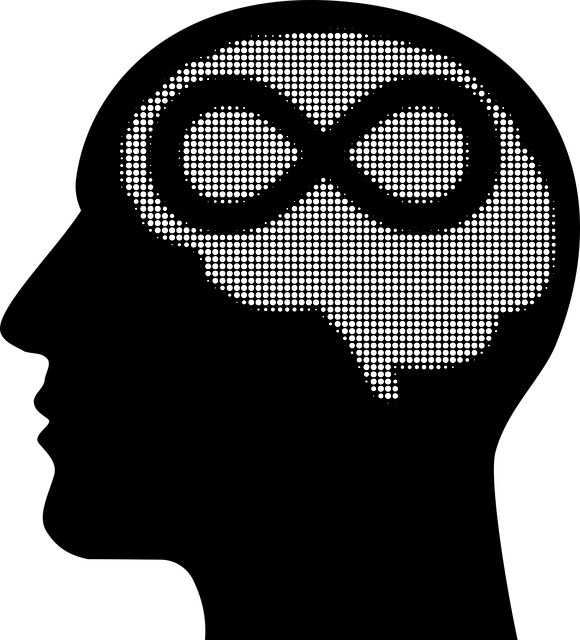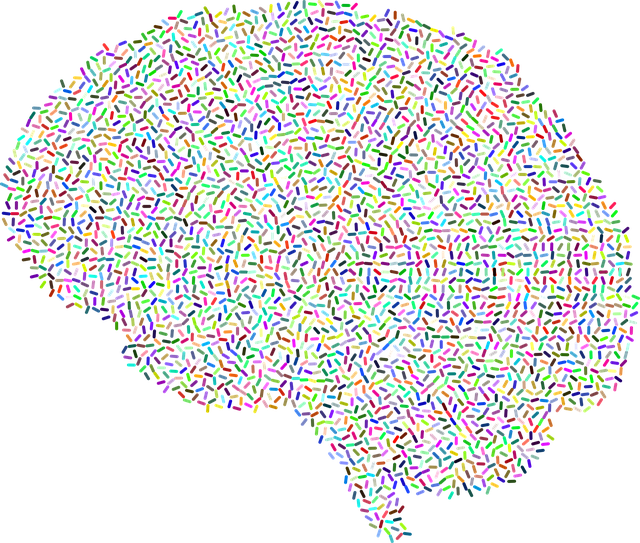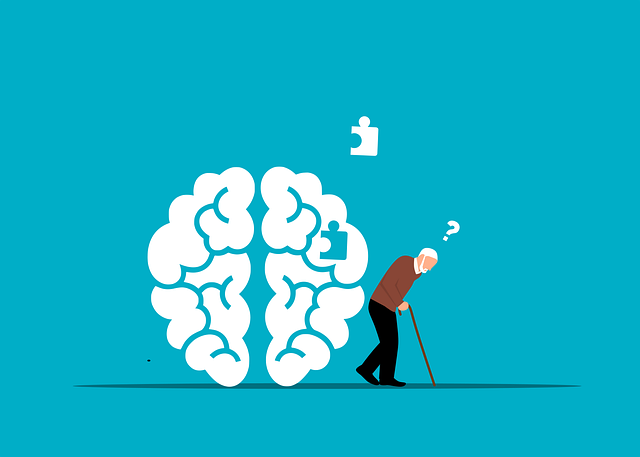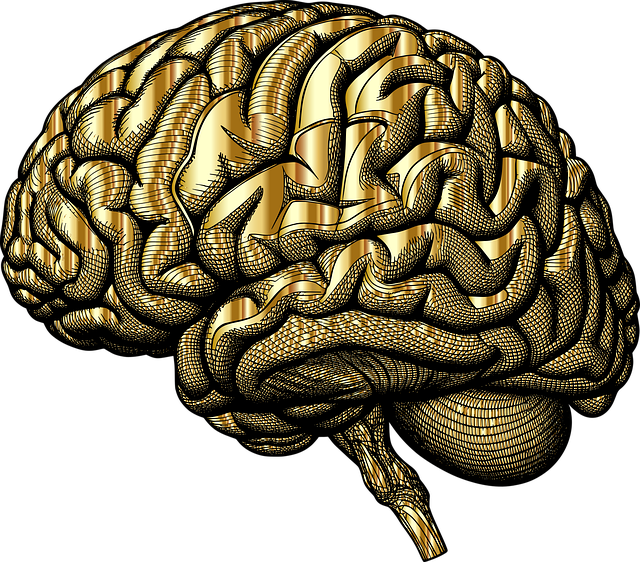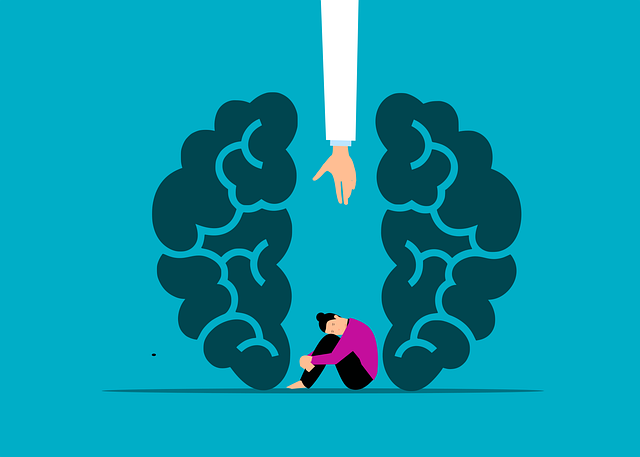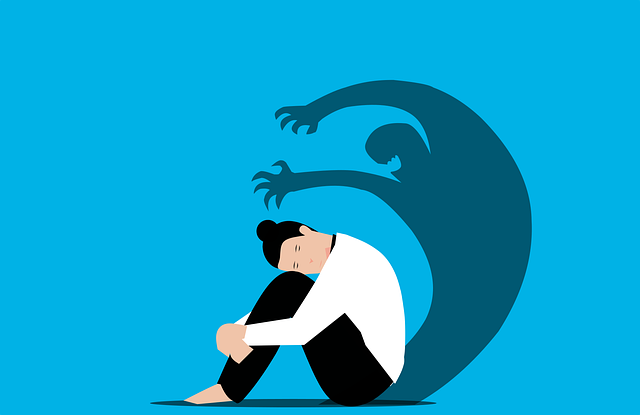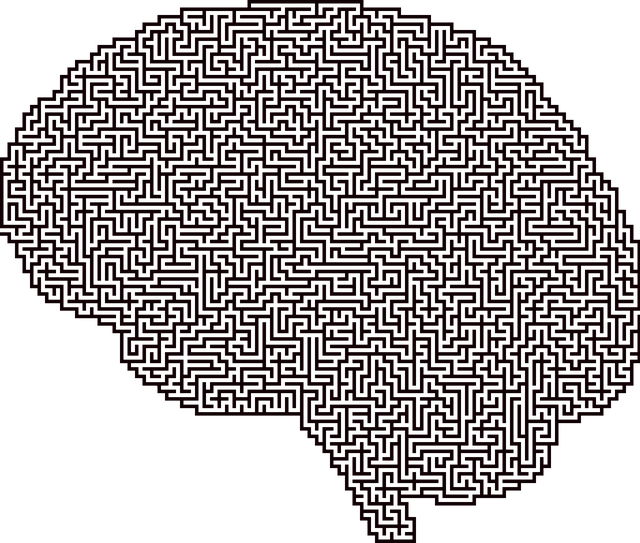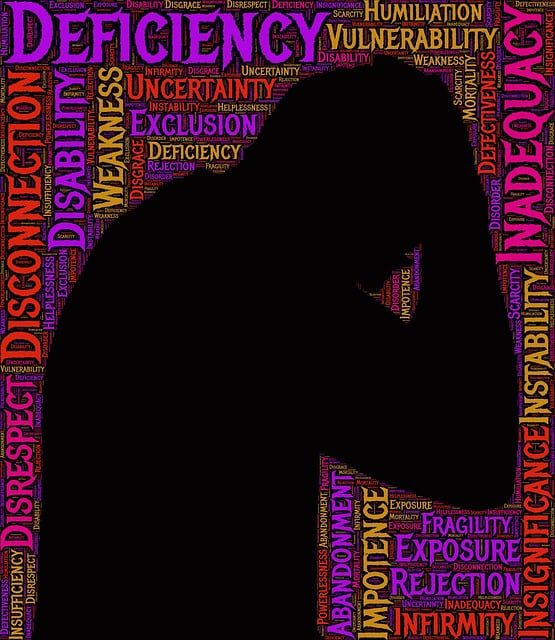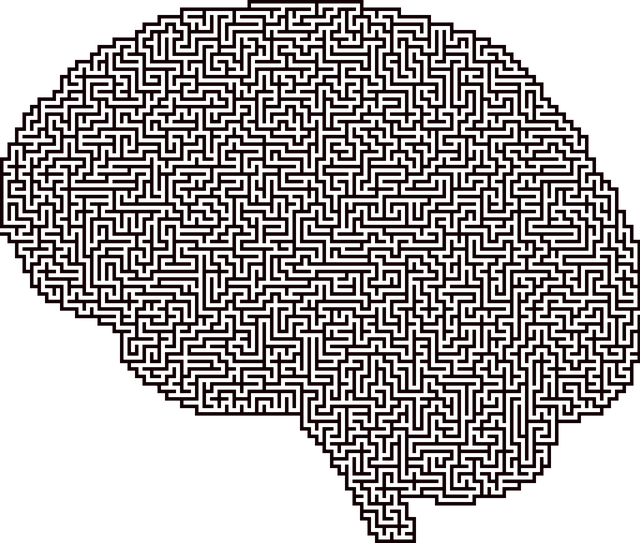ADD-ADHD significantly impacts daily life, causing stress due to difficulties with focus, impulse control, and hyperactivity. Effective stress reduction requires understanding neurodevelopmental brain wiring and employing tailored strategies. Therapy for ADD-ADHD, like CBT and mindfulness meditation, helps manage symptoms by altering negative thought patterns and fostering calm through present-moment focus. Coping skills development further enhances resilience. Regular exercise, balanced diet, quality sleep, and lifestyle modifications also significantly contribute to stress reduction techniques. Structured routines, organization tools, and specific therapy strategies are transformative for individuals with ADD-ADHD, empowering them to handle stressors and achieve successful mood management.
Stress reduction is a vital aspect of maintaining mental health, especially for those managing Attention Deficit Disorder (ADD) or Attention Deficit Hyperactivity Disorder (ADHD). This article explores effective strategies to combat stress and offers insights into how Cognitive Behavioral Therapy (CBT) can be a game-changer. We delve into the unique challenges faced by ADD/ADHD individuals and provide practical lifestyle changes for optimal stress reduction. Discover how CBT, combined with specific adjustments, can help manage symptoms and promote a calmer mind.
- Understanding ADD-ADHD and Its Impact on Stress
- Cognitive Behavioral Therapy (CBT): A Powerful Tool
- Lifestyle Changes for Enhanced Stress Reduction
Understanding ADD-ADHD and Its Impact on Stress

ADD-ADHD (Attention Deficit Disorder – Attention Deficit Hyperactivity Disorder) is a neurodevelopmental condition that can significantly impact an individual’s daily life, including their ability to manage stress. Those with ADD-ADHD often struggle with focus, impulse control, and hyperactivity, which can lead to heightened stress levels. The persistent challenges associated with this disorder can create a constant state of heightened arousal, making it difficult for individuals to relax and unwind.
Understanding the unique brain wiring of those with ADD-ADHD is crucial when addressing stress reduction. Therapy, such as cognitive behavioral therapy (CBT) and mindfulness meditation, has proven effective in managing symptoms. CBT helps individuals identify and change negative thought patterns and behaviors, while mindfulness meditation encourages focus on the present moment, fostering a sense of calm. Additionally, coping skills development can empower those with ADD-ADHD to manage stress effectively, allowing them to navigate life’s challenges with greater ease and resilience.
Cognitive Behavioral Therapy (CBT): A Powerful Tool

Cognitive Behavioral Therapy (CBT) has emerged as a powerful tool for managing stress and improving mental well-being, including providing therapy for ADD-ADHD symptoms. This evidence-based approach focuses on identifying and changing negative thought patterns and behaviors that contribute to stress and anxiety. By challenging these unhelpful thoughts, CBT empowers individuals to develop healthier coping mechanisms, leading to reduced stress levels and enhanced resilience.
In the context of trauma support services and crisis intervention guidance, CBT plays a significant role in building resilience. It helps individuals navigate challenging situations, manage intense emotions, and cultivate a more positive outlook. Through structured sessions, CBT provides practical tools for addressing underlying issues, improving emotional regulation, and fostering a sense of control, all of which are essential aspects of trauma recovery and crisis management.
Lifestyle Changes for Enhanced Stress Reduction

Making lifestyle changes can significantly enhance stress reduction techniques. Regular exercise, a balanced diet, and adequate sleep are foundational aspects that support mental well-being. Physical activity releases endorphins, which act as natural painkillers and mood elevators. Incorporating mindfulness practices, such as meditation or yoga, can also aid in managing stress levels by promoting relaxation and improving focus. Additionally, engaging in hobbies, spending time in nature, and cultivating strong social connections contribute to a healthier lifestyle, fostering resilience against stressful situations.
For individuals with Attention Deficit Disorder (ADD-ADHD), integrating structured routines and employing organization tools can be transformative. Therapy for ADD-ADHD often includes strategies for improving focus, time management, and planning skills, which are essential in mitigating stress related to everyday tasks and responsibilities. Conflict resolution techniques and risk management planning for mental health professionals can further empower individuals to handle stressors effectively. Effective mood management is achievable through these integrated lifestyle changes and therapeutic interventions.
In conclusion, managing stress effectively is essential for overall well-being, especially for individuals with ADD-ADHD. By understanding the impact of this condition on mental health and employing strategies like Cognitive Behavioral Therapy (CBT) and lifestyle modifications, one can significantly reduce stress levels. Integrating these evidence-based methods into daily routines offers a holistic approach to enhancing mental resilience and improving quality of life, especially when tailored therapy for ADD-ADHD is accessible.
